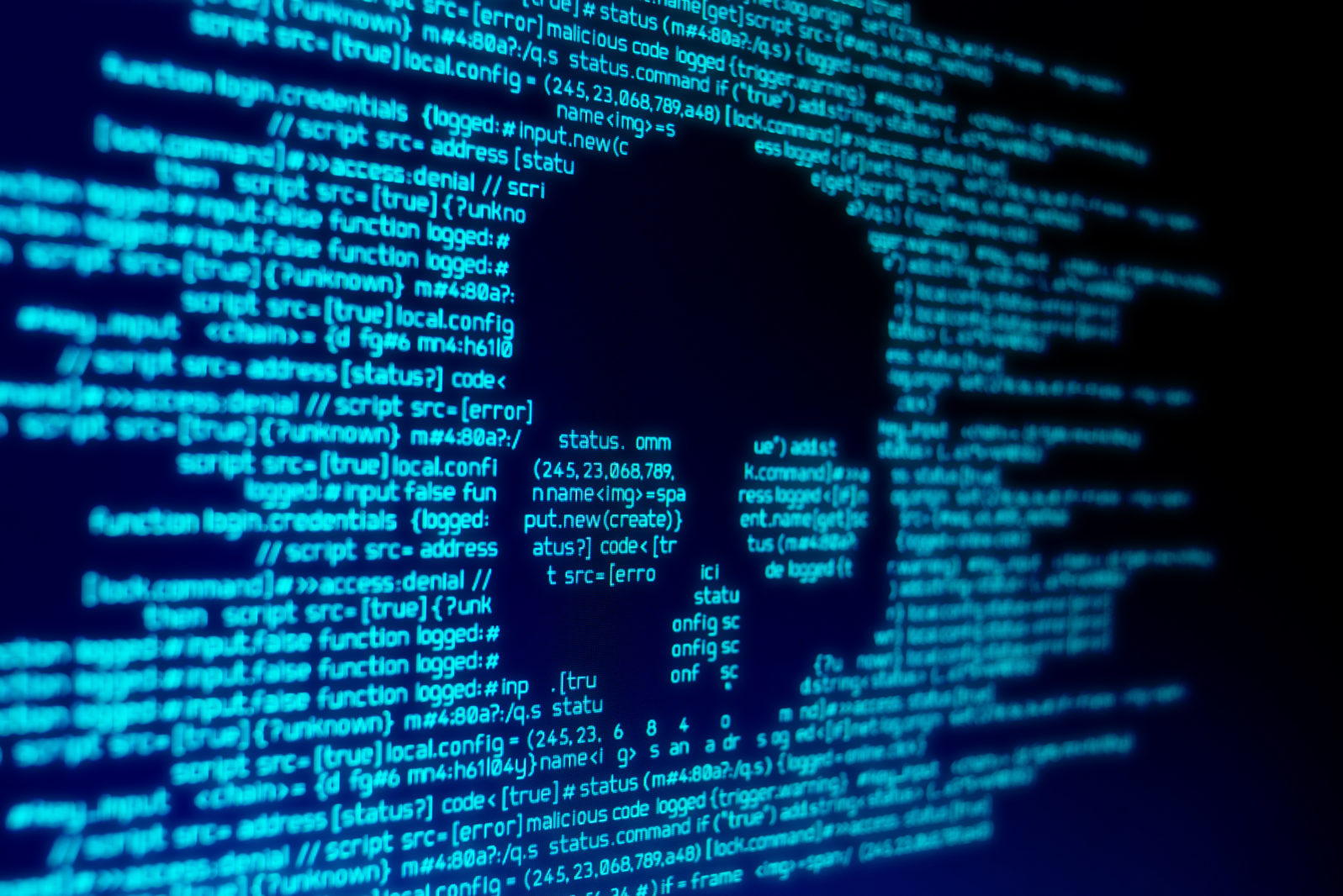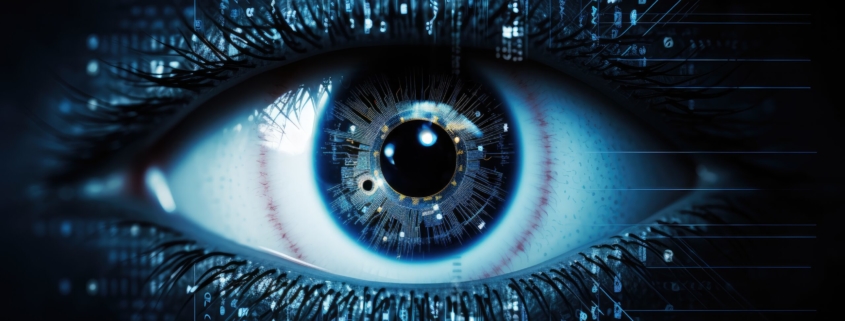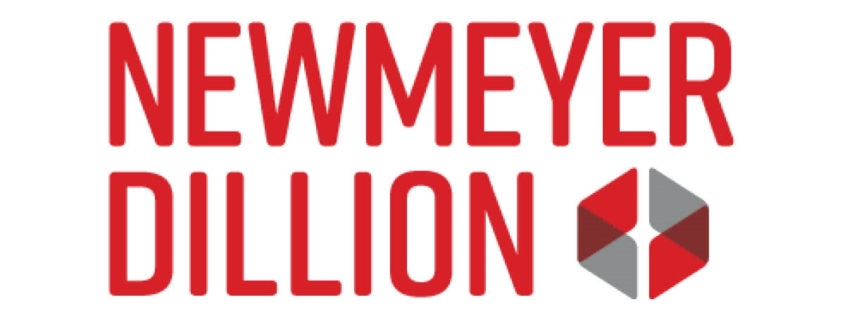We’re Slowly Learning About China’s Extensive Hacking Network
The first two months of 2024 featured several revelations on the extent of China’s extensive hacking network. A joint cybersecurity advisory alert was recently posted from the CISA (Cybersecurity and Infrastructure Security Agency), the NSA, and the FBI on the extent to which Chinese state-backed hackers have had access to key U.S. infrastructures over the past five years, and planted malware that could trigger widespread disruptions to society. It was co-authored by the U.S. Department of Energy, the EPA, and the Transportation Security Administration, as well as by Canada’s, Australia’s, New Zealand’s and the United Kingdom’s cybersecurity centers.

I’ve reported in the past on China’s massive intellectual property theft and cyberespionage here and here. These activities included obtaining emails and communications from government officials.
The recent high-level alert escalates tensions
China’s state-backed hackers have embedded malware within critical U.S. infrastructure, such as programs used to manage clean drinking water, the power grid, and air traffic, among others. According to CISA director Jen Easterly at a hearing on the House Select Committee on the Chinese Communist Party,
This is truly an Everything Everywhere, All at Once scenario. And it’s one where the Chinese government believes that it will likely crush American will for the U.S. to defend Taiwan in the event of a major conflict there.
FBI Director Christopher Wray said that Chinese state-backed hackers have been lying dormant in critical U.S. infrastructure for five years, pre-positioning malware. In the event that there is a U.S.–China conflict, China can enact a cyberattack that will weaken U.S. operations. Intelligence analysts link this threat to a potential conflict over Taiwan, which the U.S. has promised to defend in the event China attacks the island. Taiwan operates as a de facto nation but is claimed by Beijing as part of the People’s Republic of China.
Wray has described China’s hacking program as larger than that of every nation combined:
In fact, if you took every single one of the F.B.I.’s cyberagents and intelligence analysts and focused…




